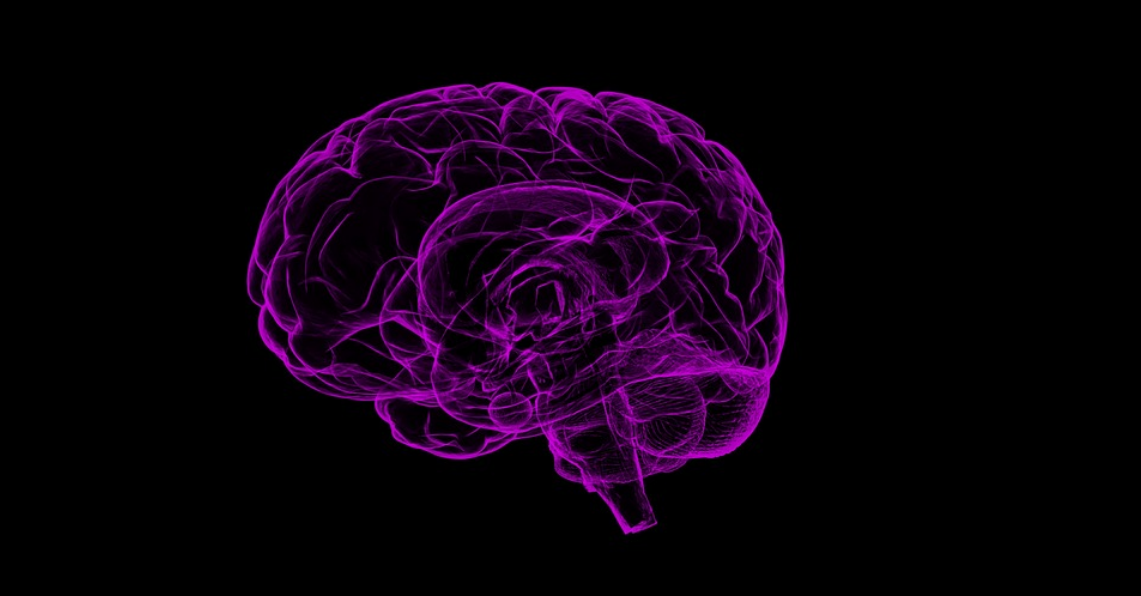No products in the cart.

Reduce memory loss by taking this
Posted by: Didrik Sopler
Homocysteine, a toxic amino acid, is a risk factor for brain atrophy, cognitive impairment and dementia. Homocysteine can however be lowered by using certain B vitamins. The reason for the following research was to investigate if B vitamins can slow the rate of brain atrophy in subjects with mild cognitive...
Read more
Protect your cardiovascular health and your joint health with one substance
Posted by: Didrik Sopler
Interesting and surprising research suggests you can reduce cardiovascular risk and protect your joints by taking the same substance. More and more research provides evidence that oxidative stress alters many functions of the endothelium, the inner layer of the blood vessels (Cai H, Harrison DG, 2000). Nitric oxide which opens...
Read more

This substance is decreased in neurodegeneration and Alzheimer's disease.
Posted by: Didrik Sopler
This substance is decreased in neurodegeneration and Alzheimer's disease. There is especially 1 substance which is very important for the brain and the nervous system, and that is glutathione, a very effective antioxidant as well as an immune system regulator. Glutathione is a substance the body is producing, and it...
Read more
This has Shown to Improve Memory, and it is Easy to Implement
Posted by: tissuerecovery Admin
Help improve brain function and decrease inflammation with small amounts of this mineral.
Posted by: tissuerecovery Admin
Elevated levels of common lab test associated with increased risk for Alzheimer's.
Posted by: tissuerecovery Admin
Taking this vitamin regularly could reduce your risk for dementia.
Posted by: Didrik Sopler
The reviewed research included 1658 elderly participants who were free from dementia at the start of the study(Littlejohns TJ et al. 2014). The vitamin they were tested for was vitamin D. During the average follow-up of 5.6 years, 171 participants developed dementia including 102 cases of Alzheimer's disease. The...
Read more
Too little or too much sleep can affect your memory.
Posted by: Didrik Sopler
The reviewed study is interesting, not only because it investigated how very little sleep may affect your memory, but also how a lot of sleep can influence it(Devore EE,et al. 2014). The participants were 15,385 female nurses and 4 repeated assessments were performed over 6 years. Women sleeping 5...
Read more
Not all omega-3 fatty acids will improve your memory.
Posted by: Didrik Sopler
We know that fat is important for the brain, and more specifically omega 3 fat. Active ingredients of omega 3 fats are EPA (eicosapentaenoic acid) and DHA (docosahexaenoic acid), but which one of these two ingredients are the most important for memory? The reviewed research investigated just that. The study...
Read more
Improve your odds of not getting sick.
Posted by: Didrik Sopler
For your immune system to keep you healthy, the white blood cells need to effectively engulf and kill bacterias and viruses. This process is called phagocytosis. Wouldn’t it be nice if you could improve the ability of your white blood cells to kill bacterias and viruses, in other words improve...
Read more
How to reduce your risk of dementia.
Posted by: Didrik Sopler
It’s great that you and I are probably going to live longer, but the idea of being mentally impaired by dementia is terrifying. Dementia affects more people than you may be aware of: for that reason it makes a lot of sense to do what we can to prevent it....
Read more
Showing: 1 -12 of 12




